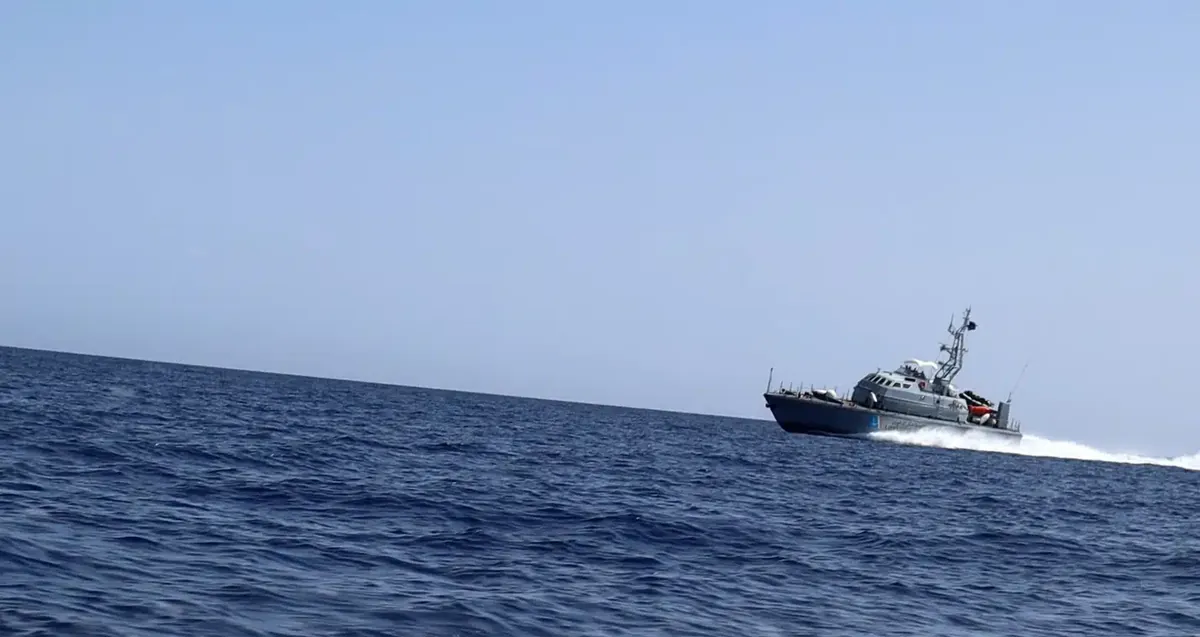Notorious Libyan Human Trafficker Assassinated in Tripoli
Abdel-Rahman Milad, a sanctioned human trafficker, was killed in Tripoli. The incident has heightened tensions in western Libya, highlighting the ongoing instability in the North African nation.

In a significant development in Libya's ongoing struggle with organized crime, Abdel-Rahman Milad, a prominent figure in human trafficking operations, was fatally shot in Tripoli on September 1, 2024. Libyan officials reported that unidentified assailants carried out the attack in the Sayyad area of western Tripoli.
Milad, who commanded a coast guard unit in Zawiya, had been under United Nations Security Council sanctions since June 2018. The UN had identified him as a key player in criminal networks involved in migrant trafficking and other illicit activities. His death has intensified tensions in western Libya, a region already grappling with political instability.
The circumstances surrounding Milad's assassination remain unclear, with no group claiming responsibility. Local media reported that he was targeted while in his vehicle, a white Toyota Land Cruiser, which was later seen with visible bullet marks.

This incident occurs against the backdrop of Libya's complex political landscape. The country, which possesses the largest proven oil reserves in Africa, has been divided between two rival administrations since the NATO-backed uprising that ousted long-time dictator Moammar Gadhafi in 2011. This division has created a power vacuum, allowing criminal networks to flourish.
Libya's strategic location on the Mediterranean coast, with nearly 1,800 kilometers of shoreline, has made it a crucial transit point for migrants from Africa and the Middle East seeking to reach Europe. The country's instability has enabled human trafficking operations to expand significantly.
Milad's involvement in these activities was substantial, according to UN experts. They alleged that he and other coast guard members were "directly involved in the sinking of migrant boats using firearms." Despite these accusations, Milad consistently denied any links to human smuggling, claiming that traffickers often impersonated coast guard personnel.
It's worth noting that Libya's complex history has contributed to its current challenges. Once an Italian colony from 1911 to 1947, the country has struggled to establish stable governance since Gadhafi's 42-year rule ended. The ongoing civil war, which began in 2014, has further complicated efforts to combat organized crime and human trafficking.
The assassination of Milad has elicited various responses. Moammar Dhawi, a militia leader in western Libya, publicly mourned Milad's death and called for an investigation. However, the Tripoli-based government of Prime Minister Abdul Hamid Dbeibah has not yet commented on the incident.
This event underscores the persistent challenges Libya faces in its fight against organized crime and its journey towards stability. As the country continues to grapple with these issues, the international community watches closely, hoping for a resolution that will bring peace and security to this strategically important North African nation.
"Consistently linked with violence against migrants and other human smugglers"


































